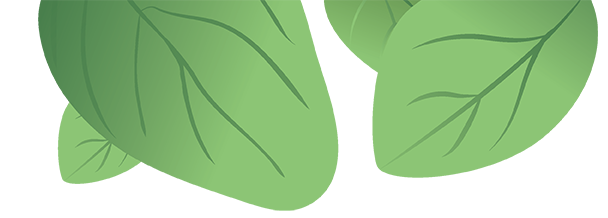
ABOUT ZAATAR
Lebanese Zaatar mix (Origanum Syriacum plant) is a traditional Lebanese culinary mix of with high demand both within Lebanon and in surrounding Middle Eastern countries.
Lebanese Zaatar mix is so flavorful and an amazing seasoning thanks to the mix unique combination of: Origanum Syriacum, sumac, sesame and salt. Zaatar traces back to different generations and It has strong potential to impact rural household income because anyone can engage in wild collection, and cultivation can be achieved with small investment costs. Zaatar is spread across all of Lebanon, especially in rural areas of Akkar and across all of Mount Lebanon. It is one of Lebanese cultural foods, and it is famous for its culinary usage, which is commonly used as the main topping on a “Mankoushi” – Lebanon’s traditional breakfast and as a raw aromatic herb with cheese and salads.
Three Species of Oregano are found in Lebanon
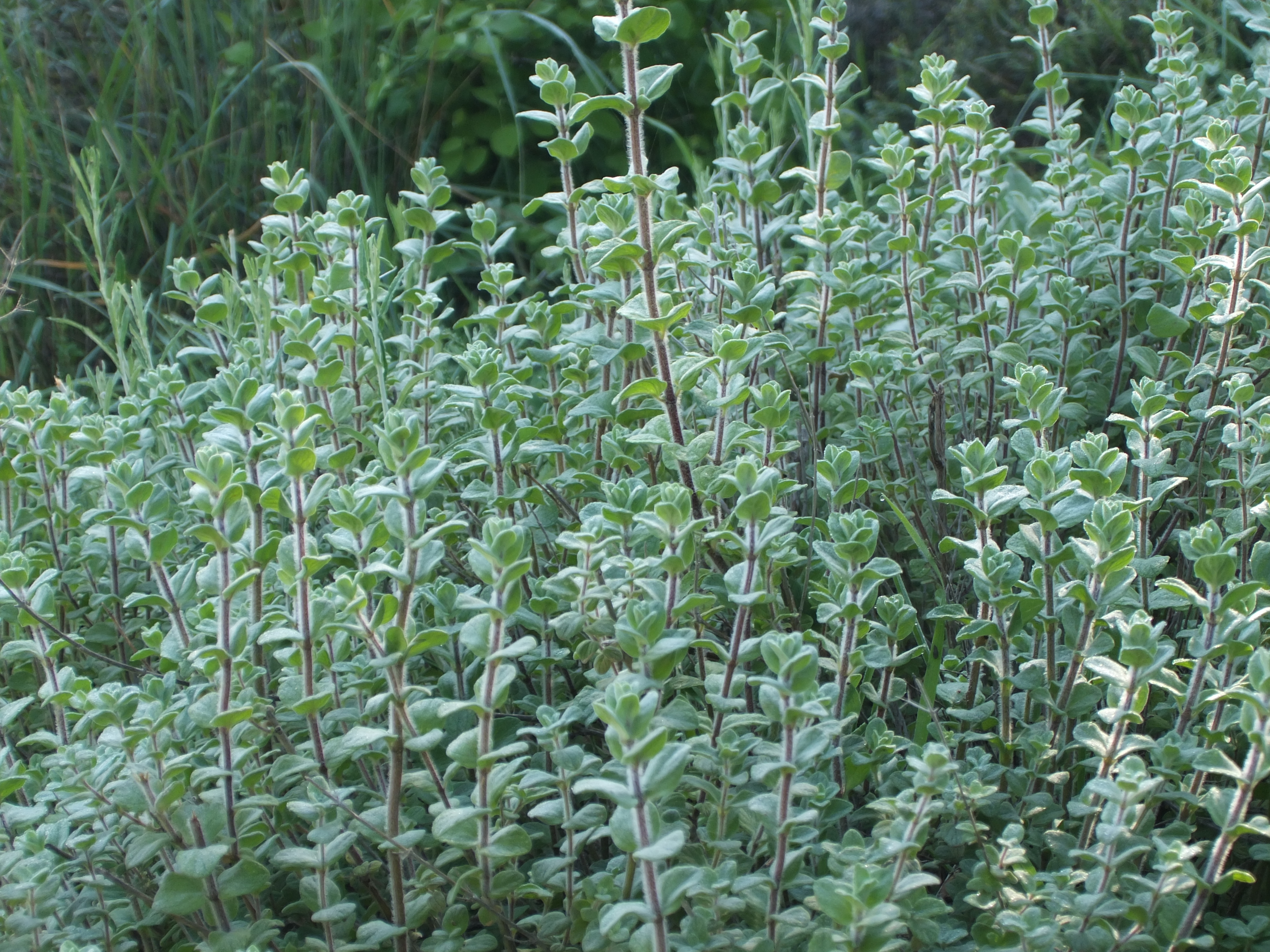
Origanum Syriacum
Also called Zaatar or Zoubaa. Used in the famous Zaatar mix of the Manakeesh.
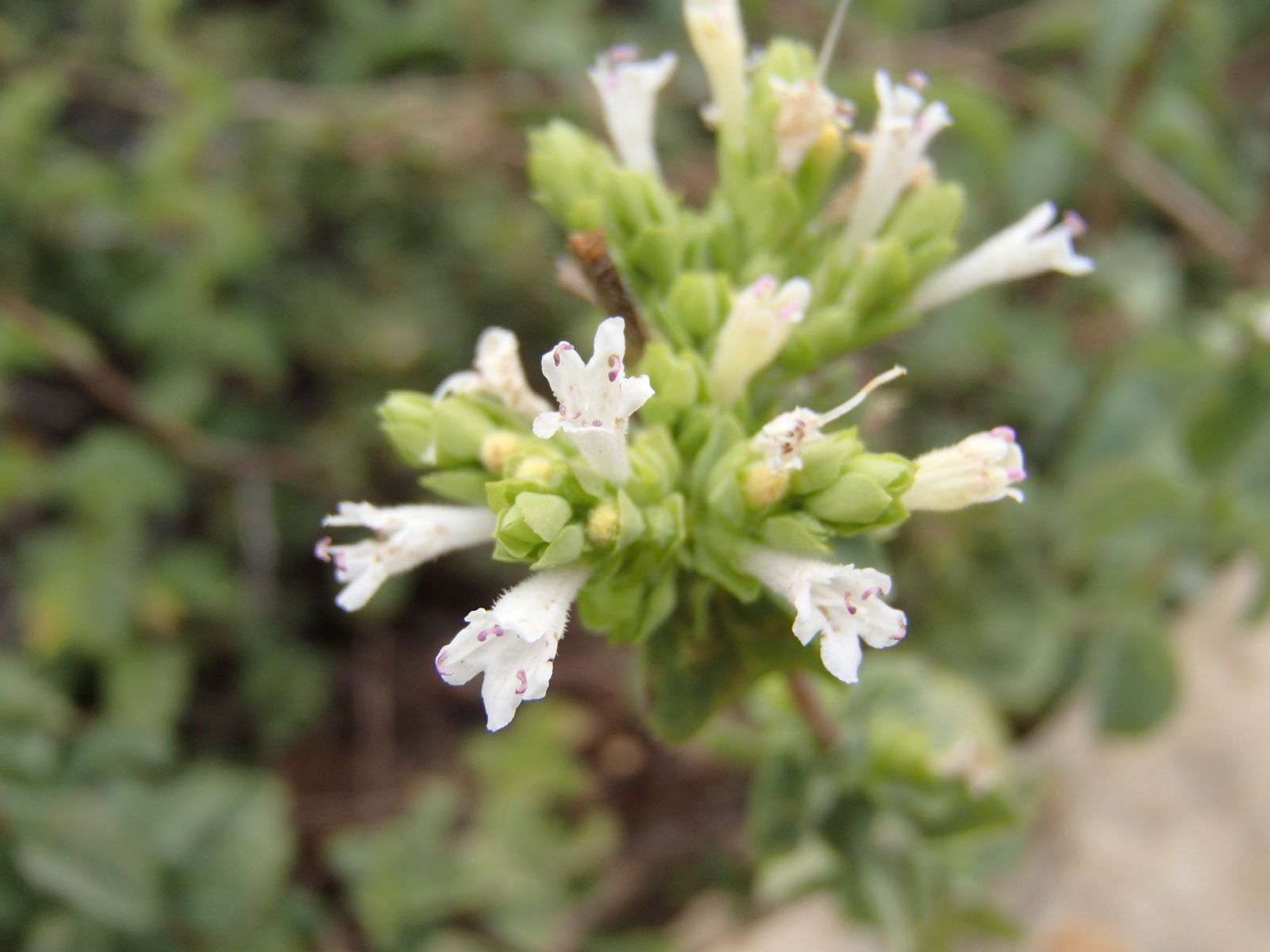
Origanum Ehrenbergii
An endemic specie called Zoueibaa or Zeaitreh locally used in some recipes.
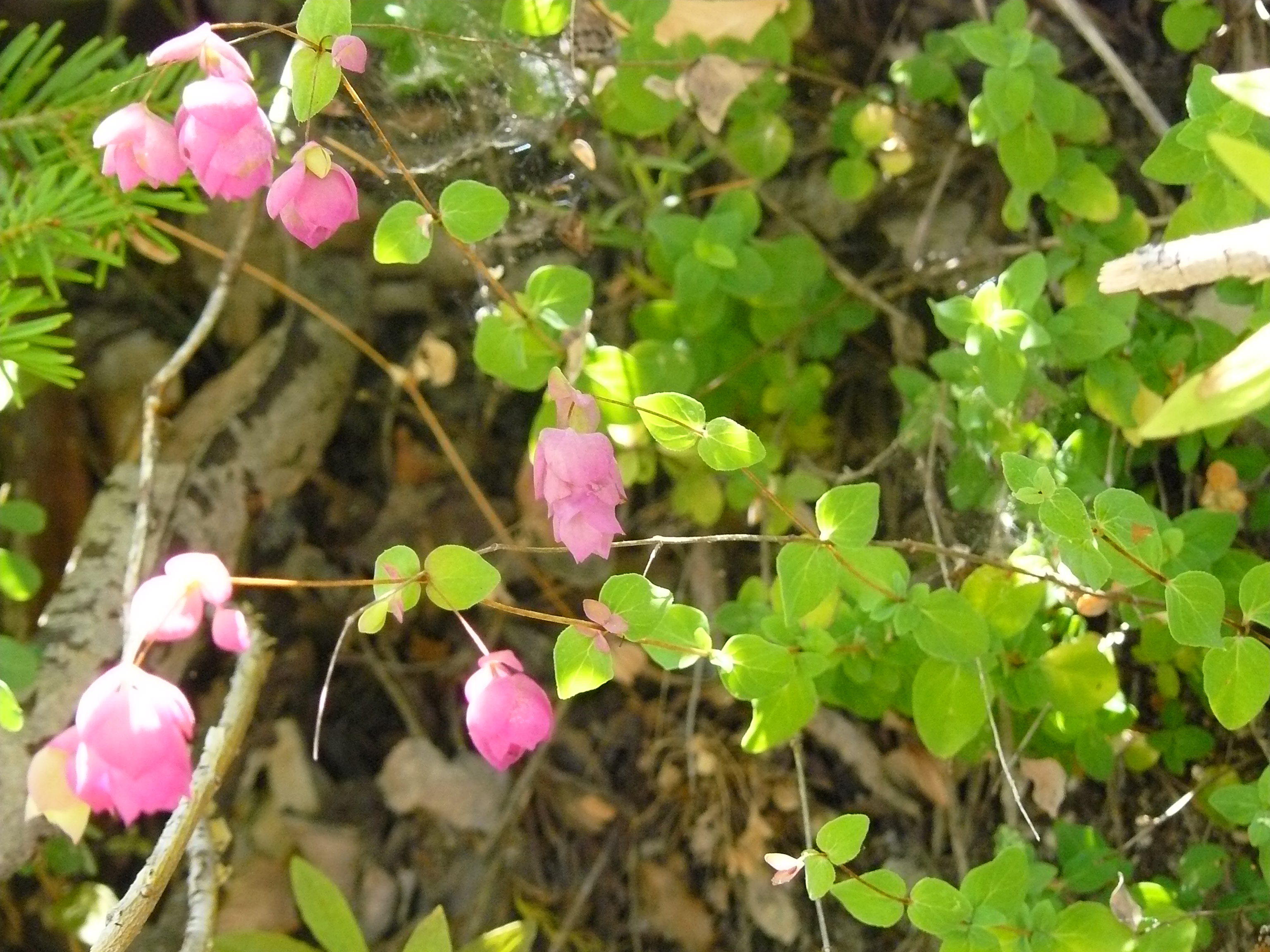
Origanum Libanoticum
An endemic specie for ornamental usage.
When do we cultivate Zaatar
Zaatar is originally found in the wild, and recently Zaatar started to be cultivated in farms.
In the wild, the Lebanese law permits Zaatar collection during the beginning of June until the end of October.
In cultivation Zaatar can be harvested three times per year, if all conditions were optimized.
1st
Harvest
MAY until JUNE
2nd
Harvest
AUGUST until SEPTEMBER
3rd
Harvest
Between OCTOBER and NOVEMBER
MAY
until JUNE
AUGUST
until SEPTEMBER
Between
OCTOBER and NOVEMBER
Three methods for Consuming Zaatar (Mainly Origanum Syriacum)

Fresh
Consumed in salads and marinades.

Dry
Used as aromatic seasoning.
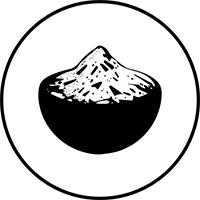
Zaatar Mix
Spread on flatbread (baked man’ouche), mixed with olive oil as dip or added in sandwiches
The 3 Lebanese Zaatar Mixes
- Zaatar Premium Mix (25% and more Zaatar): dried ground Zaatar (Origa- num Syriacum), local grown sumac fruit seeds, roasted sesame seeds. Salt can be added up to 6% of the total quantity. Mixed with olive oil.
- Extra Zaatar Mix (20% and more Zaatar): Same ingredients as the Premium Mix in addition to other edible seeds and pulses.
- Regular Zaatar Mix (15% and more added to the mix such as wheat bran, pomegranate molasses, citric acid and others.
Two Facts About Essential Zaatar Oil and Distilled Zaatar Water
In its essential oil form, Zaatar can be used in the food industry as an anti- oxidant, or in a variety of other sec- tors such as cosmetics, medicinal and veterinary usage (such as fresheners, antiseptic, antifungal, antibacterial, anticancer, anti-mites pesticides etc.). Rich in Carvacrol, Thymol, Terpinene and Cymene, the Zaatar essential oil, diluted in the Zaatar water, is also an excellent medicinal remedy.
Copyright © 2023 All Rights Reserved - Designed & Developed by Yellow Digital

